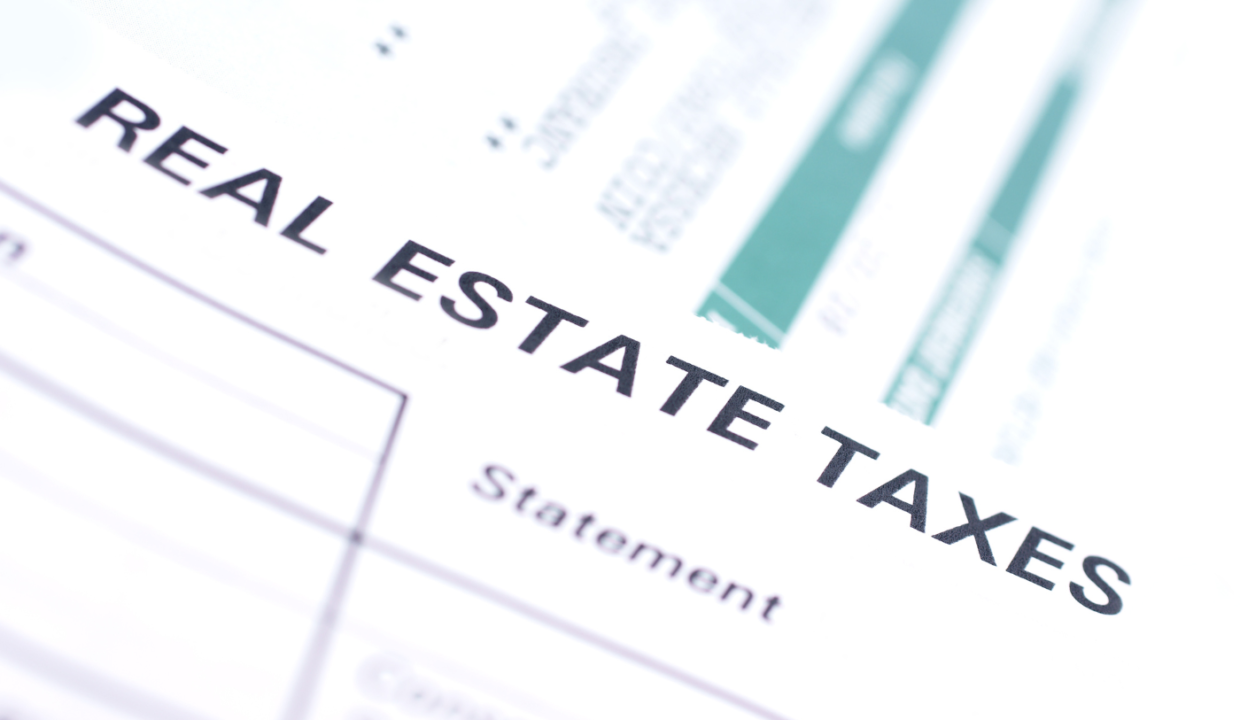
Property taxes are levied on the ownership, use, or transfer of real estate. Understanding the various types of property taxes is essential for anyone involved in the real estate business. This guide outlines the key property taxes that property entrepreneurs, businesses, and buyers should be aware of.
1. Final Income Tax (PPh property tax)
Final Income Tax on the Transfer of Land and Building Rights (in Bahasa is PPh Property Tax) is a tax imposed on income generated from the sale or transfer of real estate during the current year. The tax rate is calculated based on a specific percentage of the transaction value.
It’s important to note that this tax is not an advance payment but rather a final settlement of your income tax obligations for the relevant income. The tax rate for PPh Property Tax is typically 2.5% of the transfer value divided by the transaction value.
The formula for calculating PPh Property Tax is:
PPh Property Tax = 2.5% * (Transfer Value / Transaction Value)
Example: Let’s say you’re selling a property for IDR 1 billion. The transfer value is the same as the transaction value in this case.
* PPh Property Tax = 2.5% * (IDR 1,000,000,000 / IDR 1,000,000,000)
* PPh Property Tax = 2.5% * 1
* PPh Property Tax = IDR 25,000,000
2. Land and Building Tax
Land and Building Tax is a tax imposed on the ownership or use of real estate, reflecting the economic benefits derived from owning or occupying property. The tax amount is determined by the property’s location and is indicated on the Land and Building Tax Payable Tax Notification Letter (SPPT PBB).
The basis for calculating PBB is the Taxable Object Sales Value which is stated on the tax report along with the corresponding tax amount. This type of tax is typically paid annually.
Note: In Indonesia, Land and Building Tax is generally considered relatively small compared to the property’s overall value.
Calculating Land and Building Tax
– Taxable Object Sales Value (NJOP/Nilai Jual Objek Pajak): This is the assessed value of the property for tax purposes.
– Land & Tax Building varies based on the location of the property.
Calculation Formula:
– Land & Building Tax = Taxable Object Sales Value/NJOP X Land & Building Tax Rate
Example: Let’s assume you own a property in Jakarta with an NJOP of IDR1 billion and a Land & Buikding Tax rate of 0.5%.
– Land & Building Tax = IDR 1,000,000,000 X 0.5%
– Land & Building Tax = IDR 5,000,000
3. Land and Building Acquisition Fee
This levy is imposed on the purchase or transfer of real estate rights and applies when an individual or entity legally acquires ownership of land and/or buildings. It also covers the application for the initial issuance of the property certificate. The fee is shared by both the buyer and seller, set at 5% of the transaction value. This amount is adjusted by subtracting the Non-Taxable Tax Object Acquisition Value, which may vary depending on the region.
Formula:
Land and Building Acquisition Fee = 5% X (Transaction Value – Non-Taxable Tax Object Acquisition Value)
Calculating land & building Acquisition Fee
A house in Jakarta (which the Non-Taxable Tax Object Acquisition Value is IDR 80 million) is transacted at a price of IDR 300 million, then the land-acquisition fee is:
= 5% x (300 million – 80 million)
= 5% x 220 million
= IDR 11 million
Types of Property Taxes Paid by Buyers
* Value-Added Tax (VAT)
VAT is applicable to the purchase of new properties sold by developers to buyers. It does not apply to the sale of secondary or previously owned properties. The VAT rate is 10% of the Transfer Value.
* Sales Tax on Luxury Goods
This tax is levied only on new properties sold by developers to buyers and does not apply to transactions between individuals or secondary properties. The tax rate is 20% of the Transaction Value.
According to the Regulation of the Minister of Finance (PMK) Number 206/PMK.010/2015, properties are classified as luxury goods if their price exceeds IDR 20 billion for landed houses or IDR 10 billion for apartments. The classification is based solely on the selling price, not the property’s size.
* Non-Tax State Revenue
Non-Tax State Revenue refers to income collected by the Central Government that is not derived from taxes. It is required when applying for a name change on a certificate at the National Land Agency.
In property sales and purchase transactions, the Non-Tax State Revenue amount is calculated as follows: (0.1% x Land Value Zone) + IDR 50,000.
The Land Value Zone, as determined by the Ministry of Agrarian Affairs and Spatial Planning/National Land Agency, represents a polygon that indicates areas with relatively similar land values. This zone can be defined by either imaginary or actual boundaries based on land usage.
* Title Transfer Tax
The Title Transfer Tax is charged to buyers for the process of updating the property certificate with the new owner’s name.
Typically, this tax is handled by the developer, and the buyer only needs to make the payment. However, if you are purchasing property independently, you are responsible for managing this process yourself or through a notary. The amount of the Title Transfer Tax varies by region, but it generally averages around 2% of the transaction value.
Comprehensive Services for Property Transaction
Calculating property taxes can be complex, especially for foreign investors in Indonesia. Trust Seven Stones Indonesia to handle every detail of your property transaction with expertise and care. From the initial Offer to Purchase to the final closing deal, we manage everything, including the planning and filing of all transactions and property taxes.
Let us streamline your property investment journey and ensure a smooth, hassle-free experience. Contact us today to see how we can assist you in making your investment in Indonesia both profitable and straightforward.
